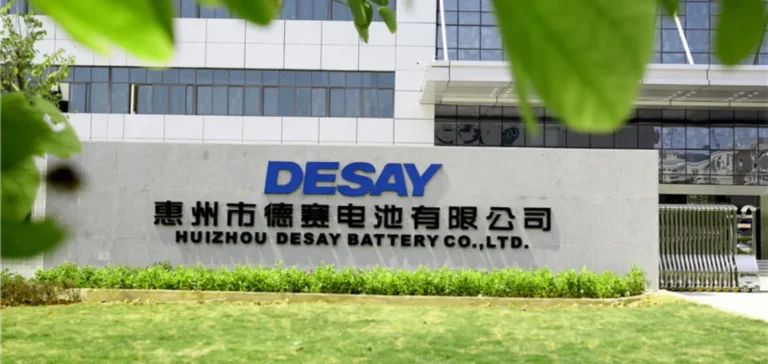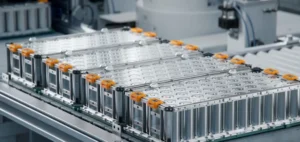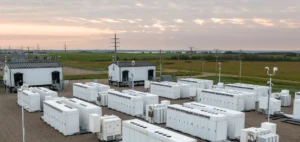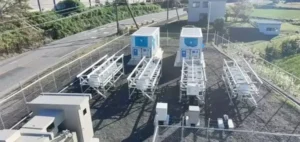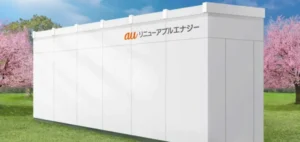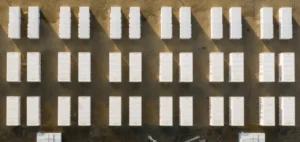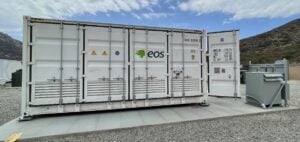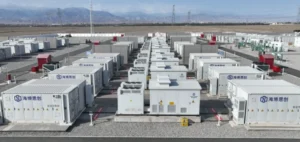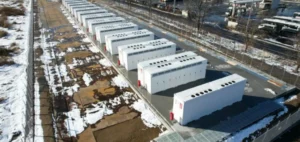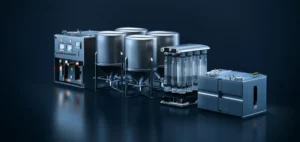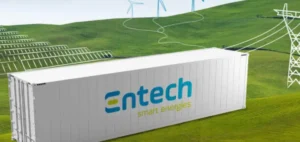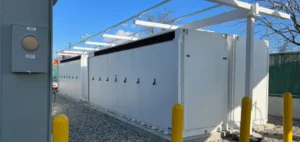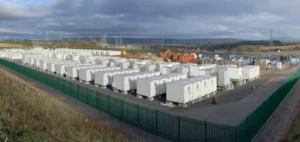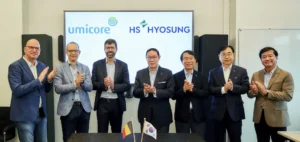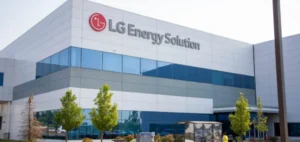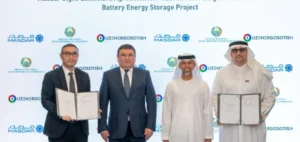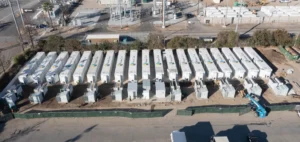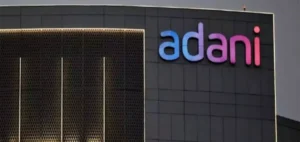Chinese energy storage solutions provider Desay Battery has started mass production of its new proactive safety battery cells and systems in Changsha. The company aims to strengthen the reliability of energy infrastructure by combining technological innovations and strategic partnerships, while addressing the expectations of international operators.
Advanced technology and integrated safety
At the heart of this initiative, Desay Battery introduced a proprietary real-time monitoring technology, combined with predictive systems powered by artificial intelligence (AI). This solution enables instant detection of pressure variations and provides early alerts regarding potential battery operation risks. The modular architecture of these new products, supported by intelligent manufacturing processes, aims to reduce incident risks while extending equipment lifespan.
The new generation uninterruptible power supply system, UPS 2.0, uses high-discharge 8C cells capable of delivering 300 KVA emergency power for ten minutes. Company representatives specify that the Source-Grid-Load-Storage solution achieves a competitive levelised cost of energy of 0.25 RMB/kWh ($0.03/kWh), allowing data centres to cut electricity costs by up to 79% during peak hours.
Industrial collaboration and regional integration
Energy storage safety is a priority area for Desay Battery, which highlights the need for synergies between industry players and experts to advance the entire value chain. The participation of several sector specialists at the event underscores the company’s intention to anchor its innovations within a framework of industrial consultation and standardisation.
The cells and systems presented incorporate advanced materials to increase thermal resistance and overload tolerance. According to Yu Qingjiao, Secretary General of the Zhongguancun New-Battery Technology-Innovation-Alliance, these developments address major concerns regarding reliability and safety, in line with national priorities in technological innovation.
Global positioning and sector recognition
With a bespoke solutions offering, Desay Battery asserts its expertise in lithium battery systems for global energy storage operators. The company was recently ranked among the sector’s leading players by BloombergNEF’s Energy Storage Tier 1 for the second quarter of 2025. This recognition reflects the acceleration of its international expansion strategy and the strengthening of its industrial references among storage market decision-makers.
The company continues its growth in strategic markets, supported by the integration of technologies focused on proactive safety and the optimisation of operational performance.


